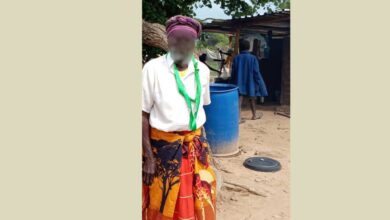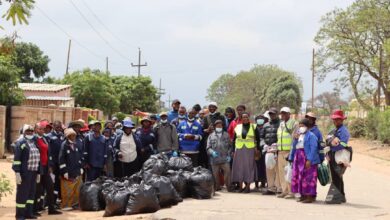Activist outlines path to break poverty cycle for urban women

Duduzile Nyathi
Cynthia Maticha, a human rights defender and leading voice on gender equality, recently illuminated the stark realities faced by women in impoverished urban areas in a virtual engagement facilitated by Youth Nation. Her talk, “Unpacking the complexities of women’s lives in poor urban communities,” was a powerful indictment of the challenges these women endure.
Maticha emphasized, “Poverty and economic instability are pervasive issues that affect women in profound ways.” Lack of access to education and decent jobs traps many in a relentless cycle of poverty. “Limited access to credit and financial services further entraps women in poverty,” she stated, underscoring the economic barriers these women face.
Healthcare, a fundamental human right, is a luxury for many. “Women in poor urban communities may have limited access to health facilities, and when they do, they may face discrimination and poor treatment,” Maticha noted. She also highlighted the critical issue of reproductive health, stating, “Women may have limited knowledge of their reproductive rights and access to family planning services.”
Political participation is essential for driving change. However, as Maticha pointed out, “Women in poor urban communities are often excluded from political decision-making processes.” She advocated for initiatives that empower women to participate fully in the political sphere, asserting, “Political participation is a critical aspect of democracy, and women in poor urban communities must be empowered to exercise this right.”
Maticha concluded with a powerful call to action. “Education, promoting political participation, and strong legal frameworks that protect women’s rights are crucial steps towards a more just and equitable society,” she declared. She emphasized the role of privileged individuals in amplifying the voices of marginalized women, stating, “We have a critical role to play in amplifying the voices of marginalized communities, ensuring their voices are heard and valued.”
Cynthia Maticha’s words serve as a stark reminder of the challenges faced by women in poverty and a call to action for a more equitable society.





